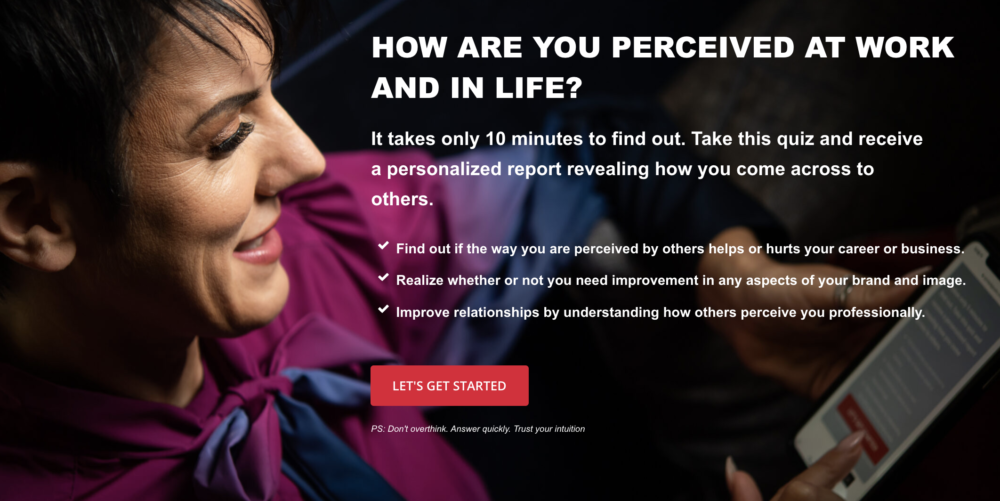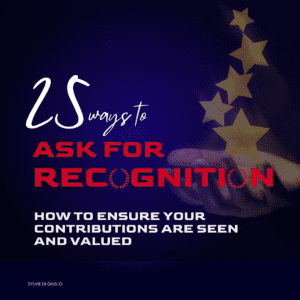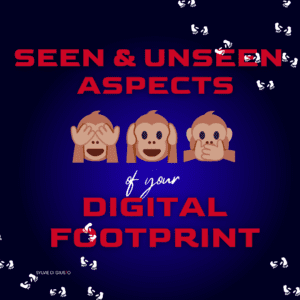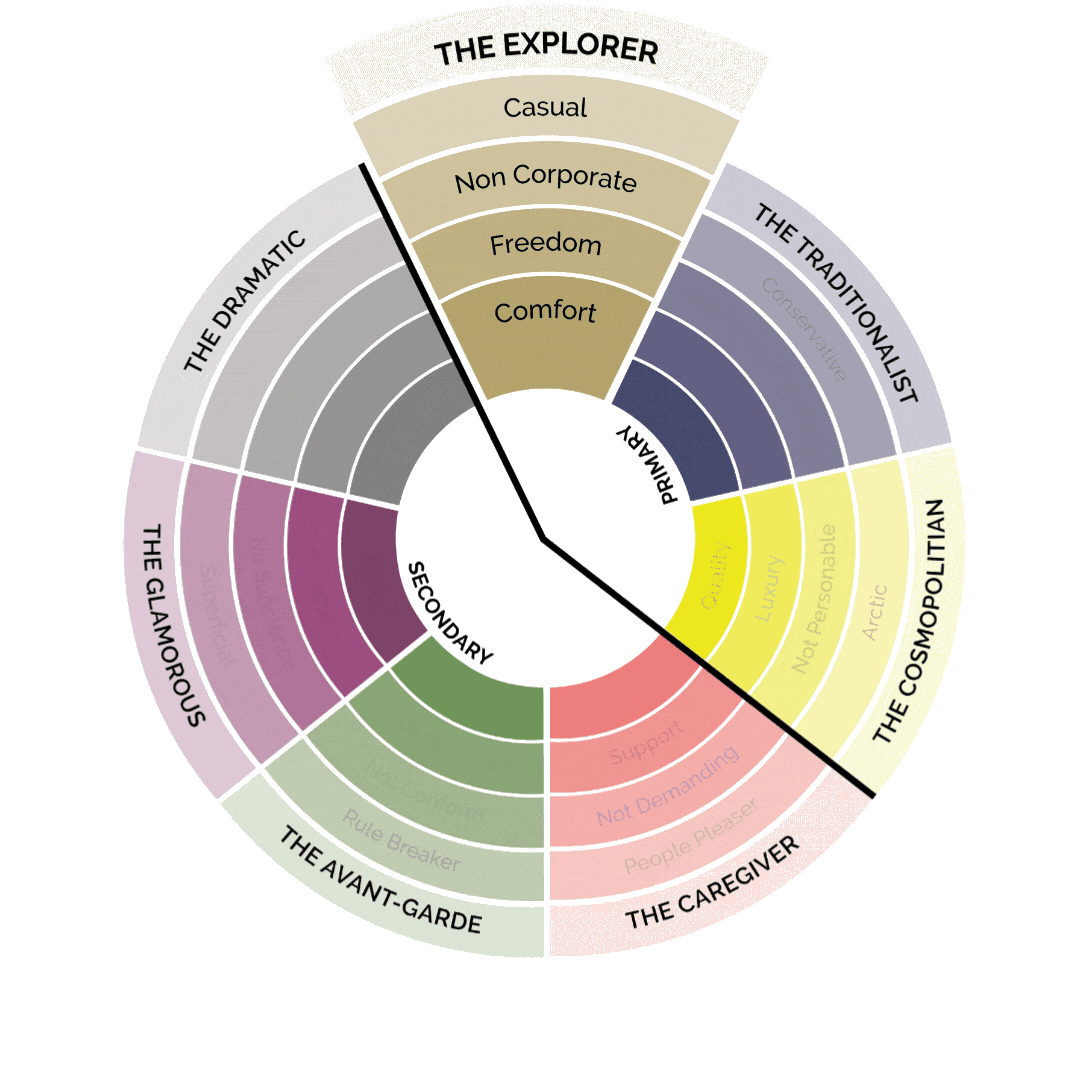Cultural differences in the workplace &
9 questions to ask before entering cultural environments
How does your culture impact your biases? Are you aware of cultural differences or cultural stereotypes? Those are important questions to consider as you may find it impacts the way you perceive others. And guess what? Others are doing the same to you.
Show that you care about cultural differences in the workplace and beyond
Different cultures absolutely weigh first impressions differently. And the primary reason for this is because we all have different values and different biases and, therefore, assess people and situations differently.
The first step to better understanding the first impression you are making on others is to understand your own cultural biases you carry, and then to understand the cultural environment you are entering in each encounter. Plus, consider the biases of each of the individuals you may interact.
For example, I grew up mainly in France and Austria. Life and work luckily brought me to the United States. Yet, I work and have encounters with people from all over the world. It’s quite complex to understand. However, only if you first understand your own biases and how you react to others can you better understand how others are culturally biased and what is important to them.
So, let’s get practical with a few examples.: Knowing what to wear at a business meeting has not only something to do with a cookie-cutter dress code approach, but it also depends on where the meeting takes place and who will attend. Possibly from all over the world. Or how about greeting one another? For example, you do not want to enter into an encounter with your hand out for a handshake to someone who’s used to a culture that does not touch. And you don’t want to order alcohol at a business dinner with someone whose culture or religion frowns upon alcohol consumption.
By showing others that you care and respect their culture, you will, in turn, gain their respect and good favor in exchange. This not only shows that you respect your differences but also that you took the time to prepare yourself for your meeting and have adjusted your appearance, your behavior, and your communication to honor both of your cultural identities.
Questions to prepare for cultural differences in the workplace
Here are many questions that you should ask yourself before you have an encounter with another professional from around the world
Greeting and intro
How do I address them? And, what comes across as inappropriate when greeting them? For example, in many Asian cultures, it is inappropriate to touch one another. With your greeting, it is also important to think about their titles and how important it is to refer to those titles when you are addressing them.
Dress code and attire
What is the dress code? How does this culture dress in the workplace? And, how may this defer from your usual attire? What are the religious values in this region, and how does this impact their attire? Think about how you can alter your dress not to abandon your own culture and identity but to incorporate their values with your own. However, be careful, though, with picking something from their traditional wardrobe routines thinking it would be a nice gesture to wear it. This can backfire easily, as you are not part of their culture.
Terminology
What are useful or harmful business terms? What words do you use in your everyday business that have multiple meanings that could come across as insulting to someone of another culture? Or are there terms you need to know before going into a conversation?
Time etiquette
Next, and this one is incredibly important, how do they perceive time? Is being early considered rude? Is being on time considered late? What are their working hours, and what’s their work speed? Every culture is different with time etiquette, and if you are unclear about theirs, you may come across as offensive or disorganized.
Meeting culture
How does the culture you are immersing yourself into organizing their meetings? If you are very structured during your business meetings, but those you are meeting with find this rude, you may be forced to slow down. Do they prefer an agenda or a more loose meeting? How do they use technology in meetings? And what’s their typical presentation style? If they prefer more collaboration, you may need to be more prepared to pitch in throughout. It is extremely important to do your research into this before preparing a presentation that may not be well received.
Leadership style
Talking about collaboration… Analyze their leadership and team culture. How do they delegate tasks? How do they handle conflict? How do they share information within their teams? It is extremely important to understand how they work with each other so you can better work with them.
Politics and economics
Next, what is the current political and economic environment like in the region? Are there laws or regulations you should be aware of? You want to make sure you do not step into a minefield by not knowing the basics and the facts.
Culture and lifestyle
Knowledge might not be power, but most often, it helps to impress. Are there any relevant historic events to know about? What’s the educational structure? What’s their typical lifestyle? What are their major cities? The geographical influences? How open-minded are they in terms of diversity, gender, race, and sexuality?
Social etiquette
Last but not least, other topics that can be very uncomfortable when approached incorrectly include your sense of humor. If guests are expected to bring a small gift. Who should pick up the bill for a lunch or dinner meeting? And what dietary restrictions you should be aware of ahead of time.
All of these questions are important for you to answer about those who you are going to meet in the cultural environment you are going to meet them, and you will also need to answer them for yourself. And yes, I know, that’s a lot to ask for. And you will never have the chance to be correct in all the different ways. You will never be able to make that perfect first impression on all others, no matter where they are from.
However, a total lack of awareness can certainly lead to bad first impressions and poor decisions. Cultural awareness helps us reduce the chances of making bad first impressions and increase the chances of us making an impactful one from the very beginning.
If you would like to learn more about the way you present yourself best as a leader in any workplace around the world, I encourage you to check out my book, The Image of Leadership. Here are also a few links to books and services specific to this topic that I have enjoyed reading and using:
🔗 So you are an American? A guide to answering difficult questions abroad: Answering difficult questions abroad
🔗 Country Navigator: Try Country Navigator
Kiss, Bow, or Shake Hands (several books in this series):
🔗 Kiss, Bow, Or Shake Hands: The Bestselling Guide to Doing Business in More Than 60 Countries: Get on Amazon
🔗 Kiss, Bow, or Shake Hands, Sales and Marketing: Get on Amazon
🔗 Kiss, Bow, Or Shake Hands: Europe: Get on Amazon
🔗 Kiss, Bow, or Shake Hands: Asia: Get on Amazon
🔗 Kiss, Bow, Or Shake Hands Latin America: Get on Amazon
I hope you’ll stop by again, or I see you in my next article or video. Or somewhere around the world to explore another cultural background of someone amazing just like you.
PS: Interested in more content like this? Make sure to follow me on Instagram. It’s where I visualize and publish my thoughts daily. I hope to see you there.





